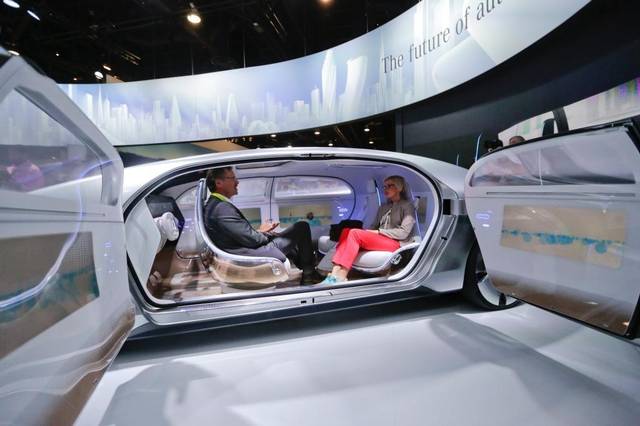
Title: FIU debuts first 'Internet of Things' degree in the nation
Date: June 23, 2017
Everything is “smart” these days: not just phones but toasters, ovens, fridges, thermostats — even hairbrushes.
Smart devices connect to the internet so they can talk to each other and share information. That’s how Alexa, Amazon’s voice-activated personal assistant, orders more toothpaste or checks the local weather report. There are an estimated 8 billion of these devices currently in use, and some experts see that number jumping to 20 billion by 2020.
Kemal Akkaya, a computer engineering professor at Florida International University, sees the growing market as an opportunity for his students.
Right now, the companies developing these products hire employees trained in one part of the equation — the hardware, the software, the programming or the security — and train them on everything else.
Akkaya wants that to change. He and his team proposed a new degree that would train FIU students in all aspects of “the internet of things” — as the emerging field is called.
Those skills could land students jobs at well-known companies like Amazon, Intel, Lockheed Martin or Sirius XM. Or, Akkaya said, students could end up at startups.
“You can come up with your own idea with this degree,” he said.
Some of the less-than-notable ideas found online: a smart egg tray that offers a real-time look at how many eggs are in the tray at any time or a toaster that lets users customize toasting designs (or send those designs to friends’ toasters).
The degree is available starting in spring, and it’s the first of its kind in the state, if not the nation, Akkaya said.
A recent Pew Research Center study on the implications of the rise of the internet of things showed experts saw tremendous growth ahead, as well as potential pushback from consumers who worry that smart devices will become the default.
Lee Rainie, Pew’s director of internet, science and technology research, said the boom in smart devices shows no sign of slowing down, and it’s matched with an equal torrent of data flowing freely around the world.
“When you know more about your things, they know more about you,” Rainie said.
Akkaya researches how power companies collect data from home power meters. The numbers used to be scraped every month, he said, but now it’s every 15 minutes. This data could help craft customized energy saving plans, or be used to track consumers’ living patterns.
“They’ll know whether you’re home, what you’re doing, all of it,” he said.
In some cases, customers don’t find out that their data is being collected until it’s too late. In the case of the smart We-Vibe, a vibrator that tracked customer use information through an app, angry customers sued. The company settled for $3.75 million.
The larger scale questions are the ones that keep experts up at night. What happens if someone hacks your Wi-Fi connected pacemaker? Your driverless car? The nation’s power grid?
However, most experts in Rainie’s study think consumers will ignore all of the risk in favor of exciting and convenient new tech. The allure of a device that makes life easier is too strong, and the possibility of a data breach is too remote.
“That’s our history with technology, isn’t it?” Rainie said. “The sky might fall, but it’ll fall next door and not on you.”
Originally written for the Miami Herald by Alex Harris. For more information, click here.
